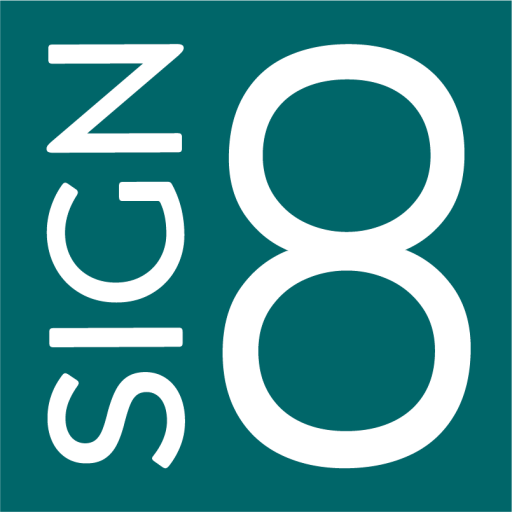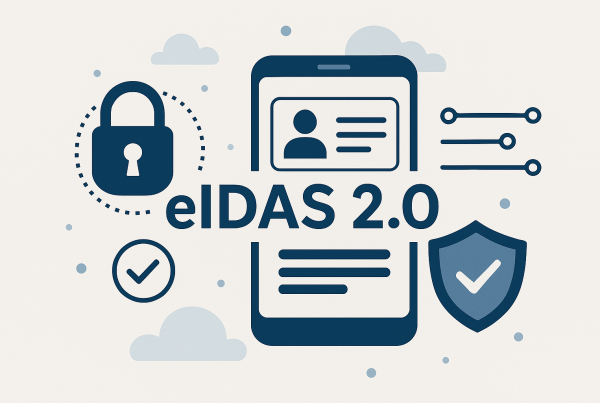Different Processes can differ vastly depending on the company, resulting in many workflows often still running manually. With the SIGN8 API, these can be digitized easily. This blogpost gives you a little insight into how exactly this works and what advantages the digitization of business workflows offers you.
Since each company has different production processes, machines or programs, individual processes take place in each case. These can also be completely different from processes in companies belonging to the same industry. Many of these processes require bureaucratic effort, such as batch documentation or delivery bills. However, these still often take place manually and could be implemented much more efficiently if they were done digitally. In particular, the digitization of large processes, such as contract and document management, offer many advantages, such as better transparency and flexibility, a reduction in cost efforts, and many more that would otherwise go unused.
But how can you digitize as many individual approval and signature workflows as possible if they run differently in the companies? This is precisely the problem for which we at SIGN8 GmbH not only offer our e-signatures, but also our own API. API stands for “Application Programming Interface” and is a programming interface that can be used to establish a connection between two different software systems. This means that the customer is not forced to use SIGN8’s webapp, but can integrate SIGN8’s functions into existing applications and thus supplement the familiar working environment for colleagues.
But this is not the only advantage you get by integrating SIGN8 into your own system via our API. This is because the introduction of a new tool, especially in larger companies, initially triggers a learning process which, depending on how extensive the tool is, can cause a great deal of time and expense. With the SIGN8 API, this is avoided because the employees themselves do not contact the application, but can still use the familiar programs.
Security and maximum customer satisfaction are our top priorities, which is why SIGN8 offers three different signature types: simple e-signature (EES), advanced e-signature (FES) and qualified e-signature (QES), the latter of which has just been audited. These differ in their applications and security features and can be used to sign a wide range of documents, allowing each company to use them individually. In addition, SIGN8 has many additional useful functions, such as the form or reminder function, to make it as convenient as possible to use.
Interested? Here you can find more information about SIGN8 API.
If you have any further questions about SIGN8 or e-signatures in general, please do not hesitate to contact us at info@sign8.eu.



